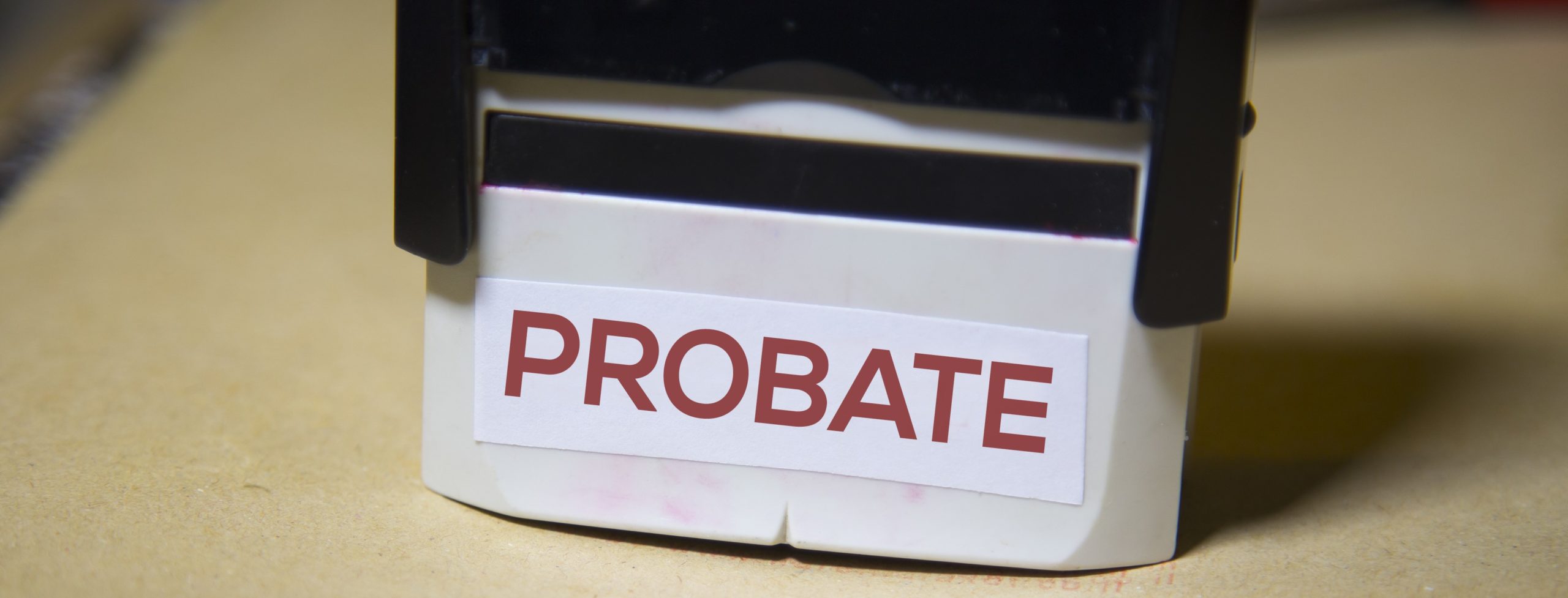Are you or your loved one thinking of moving into a retirement village? Moving into a retirement village is a big life decision – is the move right for you? This article outlines some key things to consider before making your next big life decision.
What is “Probate”?
Often, when acting on the administration of deceased estates, I am asked “What exactly is “probate”?”

When a person makes a will, the will names one or more individuals as executors and trustees. These are the people who are responsible for administering the property of the will-maker and carrying out the provisions of the will after the will-maker has died.
The word “probate” literally means “proof”, and the purpose of an application for a grant of probate is to prove the right of the executors to be appointed as administrators of the estate and to deal with the will-maker’s property in accordance with the provisions of the will.
The executors named in the will have the right to administer the estate as soon as the will-maker has died. However, if the will-maker owned an interest in land, or an asset worth more than $15,000.00, the executors must make a formal application to the court for a grant of probate.
An application for a grant of probate cannot be made within five working days from the date of the will-maker’s death. After that time period has elapsed, there is no time limit within which the application has to be made.
The formal application for the grant of probate, which is filed in the High Court, is accompanied by the original will and an affidavit (a statement made on oath or affirmed) by the executors stating that they:
- Know the will-maker and have personal knowledge of his or her death, either because they have seen the dead body or attended the funeral; and
- Believe that the will which accompanies the application is the last will of the deceased; and
- Are the people appointed as executors in the will; and
- Will carry out the instructions of the will-maker in the will, according to the law.
If none of the executors has seen the body or attended the funeral, a certified copy of the death certificate can be attached to the affidavit as evidence of death.
If an executor is a surviving spouse or partner of the deceased, the affidavit will also contain a statement that the marriage was not dissolved or the couple separated at the time of death.
If an executor named in the will is not willing to perform the role, and has not had any dealings with the will-maker’s property after death, that executor may renounce probate. This is done by the executor signing a renunciation of probate document, and this document is filed in the court, and also referred to in the affidavit of the remaining executor(s) to explain why all of them are not applying for the grant.
Having checked the will and the affidavit evidence and been satisfied that all is in order, the court registrar then makes the grant of probate.
The probate document which the court issues is a document which includes a copy of the will (the original will remains with the court) and confirms:
- That the last will of the will-maker has been proved; and
- That the executors have been appointed as administrators of the estate.
The court seal (stamp) is applied to each page of the probate document.
Once the probate document has been released from the court to the executors (or the law firm instructed by the executors to act on the administration of the estate), the executors can then produce that document, or a certified copy of it, as proof of their entitlement to deal with the property in the deceased’s estate, eg close bank accounts, transfer the deceased’s interests in land, claim proceeds of life insurance policies, pay estate liabilities, distribute the estate to the beneficiaries, etc.
This article is current as at the date of publication and is only intended to provide general comments about the law. Harkness Henry accepts no responsibility for reliance by any person or organisation on the content of the article. Please contact the author of the article if you require specific advice about how the law applies to you.


